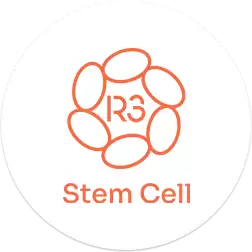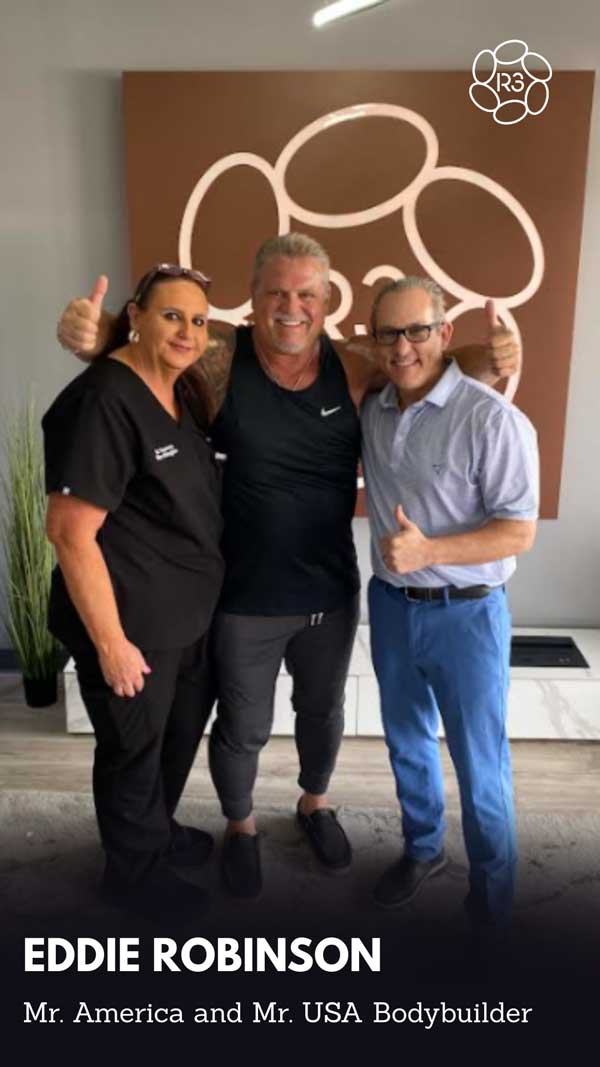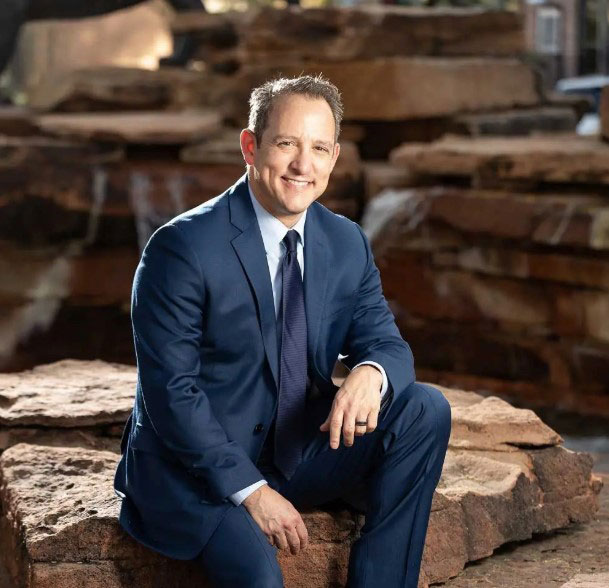We don’t have massive studies yet. When we analyze exosomes, we can see there are many anti-inflammatory cytokines that are in there. The reports are showing immense anti-inflammatory response so people with autoimmune disease may see relief. Keep in mind these reports are small, and there are no large studies at all. This may include Lyme DZ, RA, Lupus, Psoriasis and other autoimmune and chronic inflammatory diseases such as Crohn’s. DJD may also benefit according to these small studies.
In cosmetic areas – you create inflammation with the exosomes such as with microneedling, and then exosomes tell the cells “this is how you should be” and you end up with a much younger looking skin by rejuvenating. Same thing with the scalp with hair restoration.
As with stem cells, we don’t have Level 1 clinical studies to definitively state it is a treatment for “x” condition.
We know that the stem cells being used and the work they do is often stimulated from the exosomes they release. If we use our own stem cells, and then put them back in you will get an exosome response. However, if you use a younger source, the response will be MUCH bigger.
With exosomes, you can have a certain amount of control over them. You can potentially gene manipulate them in order to facilitate production of certain types of cells. This is where a lot of the future of medicine is headed!
Exosomes may potentially help with systemic rejuvenation when given IV. However, they are not a treatment that will cure disease. Exosomes are being looked at as a way of “breaking the inflammatory cycle” in patients who are experience various types of disease.































